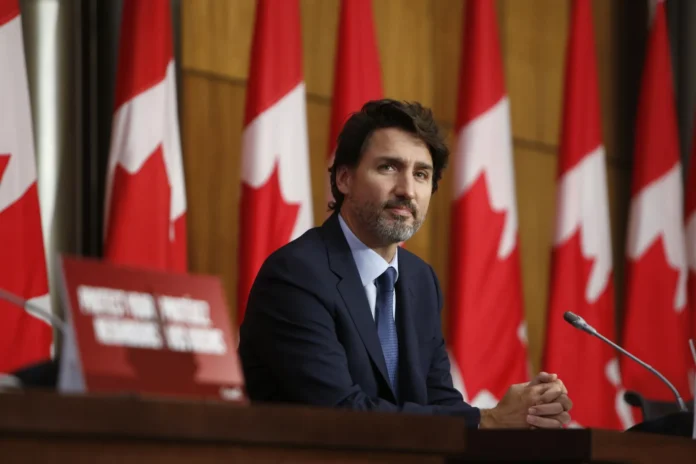Justin Trudeau, Canada’s Prime Minister since 2015, announced his resignation on January 6, 2025, marking the end of a turbulent yet impactful political career. After nearly a decade in office, Trudeau’s decision comes amid growing challenges and declining support, both from the public and within his Liberal Party.
Trudeau faced mounting criticism for his handling of key issues, including affordability crises, housing shortages, and controversies surrounding economic policy. Public dissatisfaction was compounded by the resignation of Finance Minister Chrystia Freeland in late 2024, which highlighted internal divisions within the government. Freeland’s departure was widely viewed as a turning point, signaling a loss of confidence in Trudeau’s leadership from senior party members.
A deeper examination of Trudeau’s decision to step down reveals several underlying factors. His leadership faced increasing strain as his government struggled to deliver on key promises, such as affordable housing and climate action, while also grappling with a widening trust deficit among voters. Many Canadians grew disillusioned with the government’s perceived inability to address everyday economic hardships, and this erosion of public support began to reflect in national polls.
Internally, tensions within the Liberal Party further contributed to his decision. Critics within the party pointed to a need for stronger direction and a refreshed approach to policy-making, which some felt Trudeau could no longer provide. The mounting pressure reached a tipping point as the Conservative Party, under Pierre Poilievre, gained significant traction in the polls, threatening the Liberals’ hold on power.
In his resignation statement, Trudeau acknowledged these challenges, framing his departure as an opportunity for renewal. He emphasized the importance of new leadership to reinvigorate the party and improve its chances in the next federal election. While expressing pride in his government’s accomplishments—such as advancing environmental initiatives, promoting diversity, and navigating Canada through the pandemic—he admitted that stepping aside was in the best interest of both the party and the country.
Recent public opinion data indicates a significant decline in support for Prime Minister Justin Trudeau and the Liberal Party, coupled with a rise in support for the Conservative Party under leader Pierre Poilievre.
Trudeau often states that he is motivated to act in Canada’s best interest, but many Canadians are left questioning what actions truly reflect that commitment. Under his leadership, this beautiful country seems to be facing growing challenges: increasing inflation, housing crises, rising taxes, and mounting national debt. If these issues represent progress, then where is the evidence of meaningful solutions? It’s time for leadership that prioritizes real, effective action to restore and uplift Canada’s potential.
Trudeau’s resignation marks the end of an era and opens a new chapter for Canadian politics. As Canada stands at a political crossroads, the question remains: Will his successor build on Trudeau’s legacy or chart an entirely new course for the nation?






